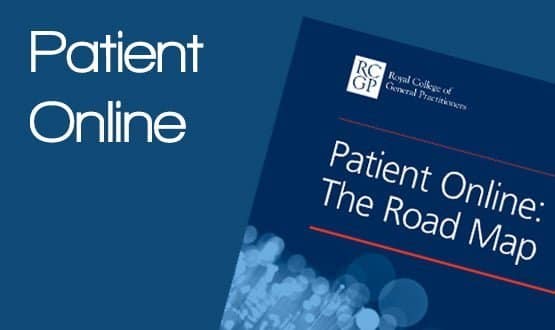Patient access to coded GP info by April

GP practices must offer patients online access to detailed coded information from their medical record by April next year.
NHS England is close to defining what will be included in this coded information set after working with professional bodies such as the Royal College of GPs and British Medical Association.
Dr Masood Nazir, NHS England’s national clinical lead for the Patient Online programme, told Digital Health News the organisations are weeks away from announcing an agreement.
Common coded information includes test results, immunisations and vaccinations.
“Any coded information that doesn’t cause any harm to the patient or reference third parties should be shared, but we have to find a safe way of doing that,” he said.
“We’re working with the professional bodies, which are helping us define that accurately for the practices; that’s ongoing and we will share that shortly.”
Under the GP contract, practices had to offer patients online appointment booking and ordering of repeat prescriptions along with access to the same summary information as is held in their Summary Care Record, by April this year.
While nearly all patients in England are now able to access their summary information online, the latest figures on the Health and Social Care Information Centre’s Indicator Portal show that 2.5 million patients are enabled to do so and the records have been viewed 230,000 times.
“We had a bit of a journey last year. We worked with practices and got to a place where 97% are able to offer access to summary information in a patient’s record for those that wish to have it and where the practice feels confident that it’s safe to do so,” Nazir explained.
The next step on the journey is the addition of detailed coded information by next April.
The ultimate aim, outlined in the Five Year Forward View, is that by 2018, every person that wants it should have access to their full medical record at the click of a button.
Nazir said instigating any change is a challenge, but those practices that have introduced online services have found that they work, which has given them confidence to offer more.
He added that while there is a general recognition that online appointment booking and requesting repeat prescriptions saves time and is more convenient for patients, the benefits of records access are not always so obvious.
The Patient Online programme is working on collating evidence from across the country where records access has been making a difference.
Ten digital clinical champions are working with practices locally to find out what help they need to get patients online and listen to their concerns about the programme.
These are clinicians with one day a week seconded into the champion role.
NHS England is also looking for ‘beacon sites’ to share their experiences of how to offer patients access to online services. Nazir said some practices have chosen to focus on patients with long-term conditions, while others have used their patient participation groups to try and encourage more online transactions.




